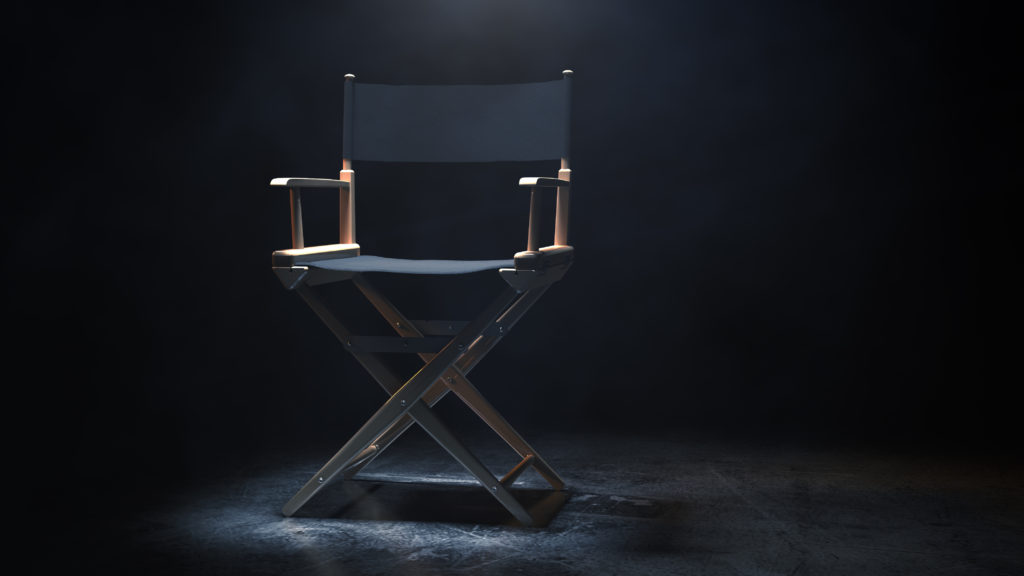Living in a perfect world is far from a possibility, everyone has good and bad days. But the bad days have the capability of taking a toll on you. Being a director means you have to be around people all the time. Your bad days will negatively affect your mind, which will hamper your actions, which in turn might affect the ones around you and the whole process of your film direction.
Negative feedback is not always concerned with only your work, it is sometimes just based on your actions and how you perform your tasks. Just how you would end up saying something not-so-nice to someone on your bad day, the same could happen with them too. Anger, irritation, aggression, and violence have now become such normal emotions that we have almost forgotten how to deal with them internally.
The next time an actor or producer says something you are not particularly a fan of, keep these tips handy:
Think first, react later:

A major problem of criticism is that as soon as it hits you, you become defensive and react impulsively. This impulsive reaction will not only spoil the ongoing task, but also the relation between you and the critic.
Your first instinct must always be thinking about why the person said what they said. Do not blurt out the first things that come into your head because of the impulsive mindset. Take a minute, tell the person that you need to think it through, and then get back to them.
Ask follow-up questions:
In the field of movies, negative and positive feedback is a part and parcel of each day. Being a director, you would want to ensure that all the parties involved on a set go back home happy. If an actor gives you negative feedback for a particular scene, ask them follow-up questions.
Why do they think so? What action triggered this thought? How do they think it can get better? Ask these questions to the critic so that you can get to the root cause of the problem.
Do not put up a wall, Be open to different methods of film direction:
If you have just received negative feedback, do not sit back and put up a wall in front of the others. Putting up a wall just means that you are not open to changes and you think your way is the only correct way.
You definitely are a director who is capable of doing their job well, but it is entirely possible for a better idea to click in someone else’s head. Remember, this is not a fight where one of you will be crowned a winner. This is a group project where each individual’s 100% will lead to an ideal result.
Acknowledge and decide! A must tip to excel in the field of film direction:
If you just listen to the feedback from one ear and remove it from the other, your conscience will haunt you. You must acknowledge the fact that you have just received negative feedback from someone.
Another important point to remember is that only those people who really care about your actions will give you negative feedback. The negative feedback givers know that you can do better. This is why you must acknowledge the fact first and then decide how you wish to go about it.
Try to find the truth in the feedback:

While we believe that only your well-wishers would give you valuable feedback so that you can do better, there are a few exceptions too.
Some individuals just enjoy bringing down other people. Especially in the film industry, a fellow director might just give you negative feedback to see you upset. If something like this happens, listen to it and try finding the truth in it.
Maybe the entire feedback is invaluable, or maybe there’s a hidden 5% truth to it. Give yourself time to uncover the truth part of the feedback so you can work on it later.
Don’t stop asking for feedback:
Probably the biggest mistake you can make after receiving negative feedback is that you stop asking for feedback completely. If you think you cannot handle negative feedback well, go to people you feel safe around.
Turn to people who understand you and will be able to give you constructive feedback. Always look at feedback positively in a way that becomes something for you to work on. But we repeat, DO NOT stop asking for feedback ever.
Apart from the above tips, the best person to tell you how to deal with negative criticism is someone who has handled it themselves.
Online direction classes by Shashank Khaitan, Known for his unique film direction style.
If you want to go from dealing with negative feedback to dealing with a constant stream of hit films, you have come to the right place. Shashank Khaitan, a director who has managed to make his mark in the industry can now help you do the same.
Through this online direction course, you can learn everything about directing, dealing with actors, writers, producers, and dealing with their feedbacks. Check our website for more information on this unluclass.







